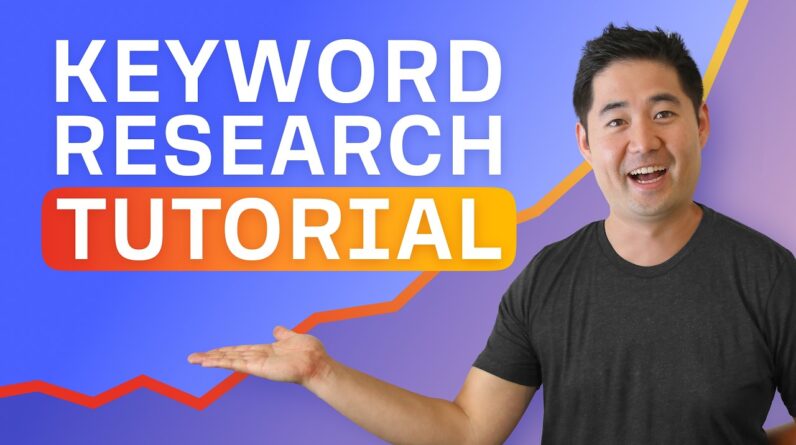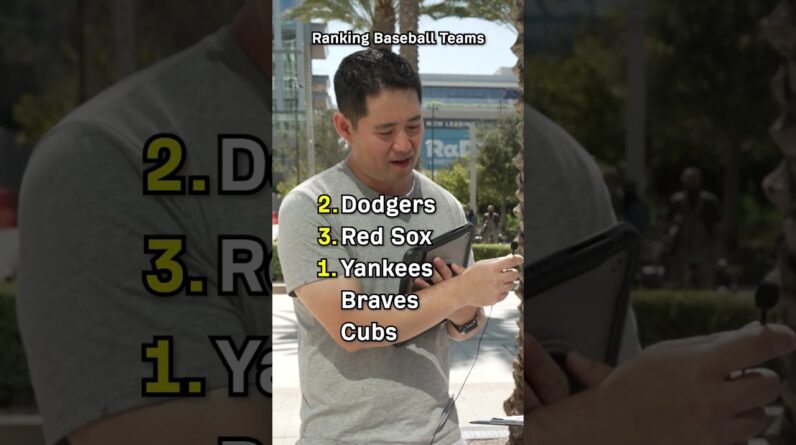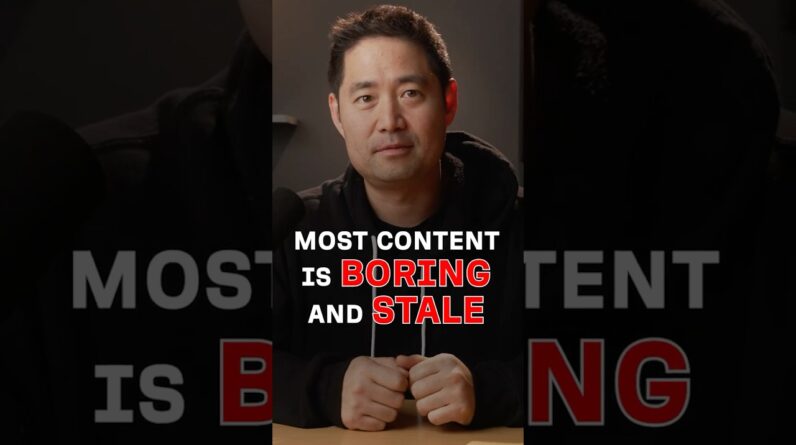
Welcome to our blog post where we delve into the world of On-Page SEO and share valuable insights on optimizing for SERP visibility. As digital marketers, we understand the importance of staying ahead in the ever-evolving landscape of search engine algorithms. With our expertise and experience, we aim to guide you through the intricate process of enhancing your website’s visibility on search engine results pages (SERPs). Let’s embark on this journey together as we explore key strategies and best practices that can propel your website to the top of the rankings. So, join us as we unravel the secrets of On-Page SEO and unlock the potential to attract more organic traffic to your online presence.
On-Page SEO: Optimizing for SERP Visibility
Introduction
In today’s digital landscape, getting your website ranked on search engine results pages (SERPs) is crucial for online success. One of the key strategies to improve your rankings is through on-page SEO optimization. In this article, we will explore the essential on-page SEO elements that can help you achieve higher visibility on SERPs and ultimately drive more organic traffic to your website.
Importance of On-Page SEO for Search Engine Visibility and Ranking
On-page SEO refers to the optimization of various elements on your website to make it more search engine-friendly. Implementing on-page SEO techniques ensures that search engine bots can easily crawl, understand, and index your web pages, leading to better visibility and higher rankings on SERPs.
When optimizing your website for search engine visibility, there are a few crucial elements you shouldn’t overlook:
-
Title Tags and Meta Descriptions
Title tags are HTML elements that define the title of a web page, and meta descriptions provide a brief summary of the content. Including relevant keywords in your title tags and meta descriptions can significantly impact your search engine visibility. It’s important to keep them concise, compelling, and unique for each page.
-
Heading Tags
Heading tags (H1, H2, H3, etc.) are used to organize the content on your web page. They not only make it easier for users to read and understand your content but also provide valuable cues to search engines about the page’s structure. Make sure to incorporate relevant keywords in your heading tags while maintaining a natural flow.
-
URL Structure
Optimizing your URL structure can enhance the visibility of your web pages. Keep your URLs concise, descriptive, and keyword-rich. Avoid using numbers or irrelevant characters. A well-structured URL can make it easier for users and search engines to understand your page’s content.
-
Keyword Optimization
Keywords play a vital role in on-page SEO. Do thorough keyword research to identify relevant keywords for your content. Incorporate them naturally in your page’s content, headings, URLs, and meta tags. However, avoid keyword stuffing, as it can harm your rankings.
-
High-Quality Content
One of the most crucial aspects of on-page SEO is producing high-quality, informative, and engaging content. Use the SEO Content Template tool to develop content that aligns with both user intent and search engine algorithms.
-
Internal and External Link Optimization
Optimizing internal and external links is an essential on-page SEO practice. Internal links connect different pages within your website, improving navigation and helping search engines understand the relationship between your web pages. External links, on the other hand, connect your website to other authoritative sources, adding value and credibility to your content.
Deepak Provides Actionable Tips and Tools for Optimizing Website Visibility
In the SERP Mastery series by Pearl Lemon Group, Deepak, an industry expert, shares actionable tips and tools for optimizing website visibility. In Episode 4, he delves into the significance of on-page SEO and provides valuable insights on how to enhance your website’s search engine rankings.
During the episode, Deepak mentions three must-have tools for on-page SEO optimization:
-
SEO Content Template
The SEO Content Template tool helps you create high-quality content that is optimized for specific keywords. It provides recommendations for content length, structure, and suggested keywords based on top-ranking competitors.
-
On-Page SEO Checker
The On-Page SEO Checker tool allows you to analyze your web pages and provides actionable suggestions for improving on-page SEO elements. It identifies issues such as missing meta descriptions, duplicate content, and keyword usage.
-
Site Audit
The Site Audit tool helps you identify technical and on-page SEO issues that might be negatively impacting your website’s performance. It provides a comprehensive overview of your site’s health, including broken links, site speed, and mobile-friendliness.
Next Steps: Watch Until the End, Like the Video, Subscribe for Upcoming Episodes
If you’re looking to master the art of SERP optimization, it’s crucial to watch the entire SERP Mastery series by Pearl Lemon Group. Make sure to like the video and subscribe to their channel to stay updated with upcoming episodes and get more valuable insights into optimizing your website for better search engine visibility.
Conclusion
Optimizing your website for SERP visibility is imperative for driving organic traffic and staying ahead in the competitive online landscape. By focusing on essential on-page SEO elements such as title tags, meta descriptions, URL structures, keywords, high-quality content, and link optimization, you can significantly improve your website’s search engine rankings. Remember to leverage tools like SEO Content Template, On-Page SEO Checker, and Site Audit to streamline your optimization process and achieve better results.
FAQs After the Conclusion
- How does on-page SEO impact search engine rankings?
- What are the key on-page SEO elements to focus on?
- How can I optimize my website’s URL structure?
- Is keyword optimization still relevant for on-page SEO?
- Why is producing high-quality content important for on-page SEO?





